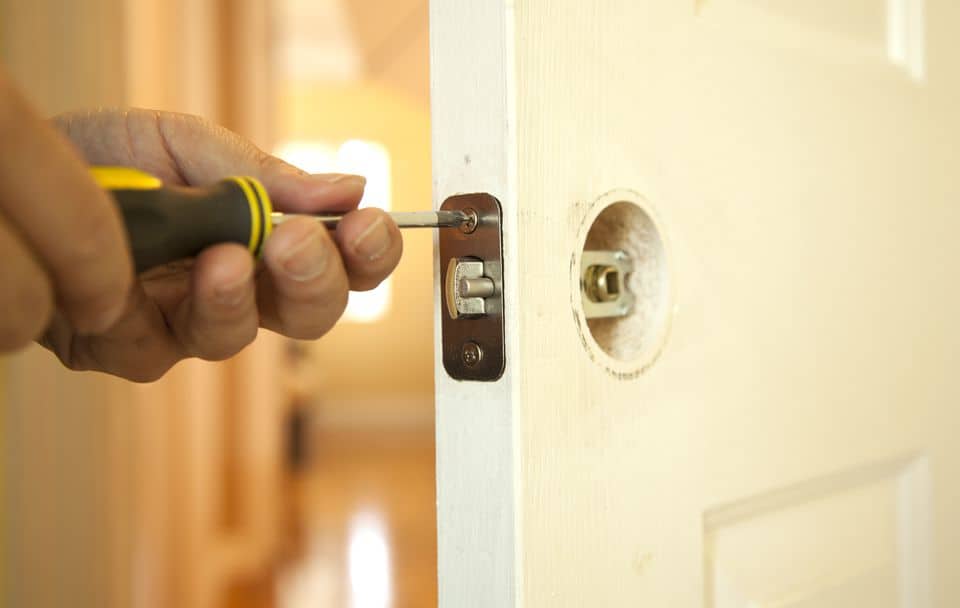Home is where the heart is, but it can also be a source of frustration and anxiety when you find yourself locked out. The feeling of being stranded outside your own home is both inconvenient and disconcerting.
This comprehensive guide will help you navigate the challenges of a residential lockout, providing practical advice and tips on how to handle the situation, prevent future incidents, and when to call a professional 24/7 locksmith.
Common Causes of Residential Lockouts
- Lost or misplaced keys
- Damaged or broken keys
- Worn-out locks
- Door lock malfunction
- Locked inside a room
- Accidental lockout (e.g. door closes behind you)
Immediate Steps to Take During a Lockout
- Stay calm and assess the situation
- Check for alternative entrances (e.g. back door, garage door, or window)
- Contact family members, roommates, or neighbours who may have a spare key
- Call a reputable locksmith if necessary
Tips for Preventing Future Lockouts
- Keep a spare key in a secure location or with a trusted individual
- Consider installing a keyless entry system or smart lock
- Regularly maintain and inspect your locks and keys
- Create a habit of carrying your keys with you at all times
Available Services in this situation
- Emergency Lockout Services
Professional local locksmiths can quickly and safely regain access to your home in case of a lockout. They possess the necessary tools and expertise to unlock doors without causing damage to the lock or door.
- Rekeying and Lock Replacement
If you’ve lost your keys or experienced a break-in, a locksmith can rekey your locks or replace them entirely to ensure your home remains secure.
- Smart Locks and Keyless Entry Systems
Locksmiths can also install and maintain smart locks and keyless entry systems, providing you with a modern solution to prevent future lockouts and enhance your home’s security.
DIY Methods for Gaining Entry
Note: The following methods should only be used in emergencies and when you have the legal right to enter the property. Misuse of these techniques may lead to criminal charges.
- Credit Card Trick
Using a flexible card, such as a credit card or ID card, you can attempt to manipulate the latch mechanism of a spring bolt lock to gain entry. This method may not work on deadbolts or more advanced locking systems.
- Bump Key
A bump key is a specially cut key that can be used to force open certain types of locks. This method requires practice and skill, as well as a specifically designed bump key.
- Lock Picking
Lock picking involves the use of specialised tools to manipulate the internal components of a lock. This method requires significant skill and practice and should only be attempted by those with a solid understanding of lock mechanisms.
Legal Considerations and Responsibilities
Always ensure you have the legal right to enter the property before attempting any DIY methods or calling a locksmith. If you are a tenant, inform your landlord of the situation and seek their permission before taking any action. Misusing lockout techniques or entering a property without proper authorisation may lead to criminal charges, fines, or even imprisonment.
Conclusion
Residential lockouts can be a distressing experience, but knowing the appropriate steps to take and preventative measures can help you regain access to your home as quickly and safely as possible.
Whether you choose to call a professional locksmith or attempt DIY methods, always ensure you have the legal right to enter the property and exercise caution when employing these techniques.
By keeping a spare key in a secure location, maintaining your locks and keys, and considering the installation of smart locks or keyless entry systems, you can minimise the risk of future lockouts and enjoy peace of mind in your home.

